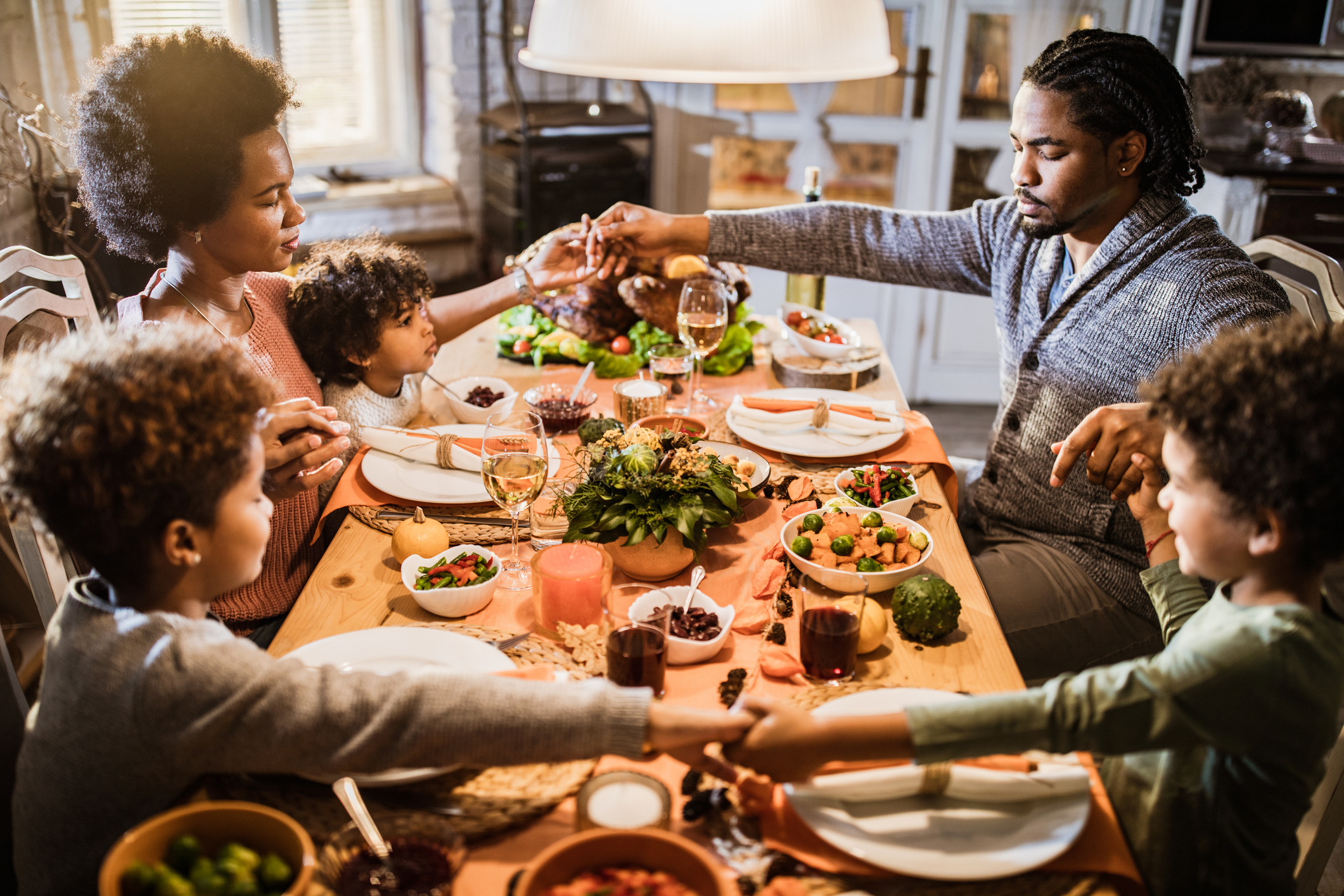As this week kicks off the holiday season, it’s a great time to remind ourselves of the incredible source of peace, wisdom, resilience and transcendence that we have within ourselves. In a book I wrote in the ’90s, I called it our Fourth Instinct — the instinct beyond the first three of survival, sex and power. It’s the instinct that drives us to find meaning, the instinct for self-discovery and self-knowledge, and it’s what connects us all. It’s the universal element at the heart of all spiritual and philosophical traditions. And while we can reject organized religion, when we ignore this instinct, we pay a price.
I was reminded of this when I saw a Wall Street Journal piece this week on the rise in the number of Americans who identify with no religion — “Nones,” as they’re referred to. According to data from the American Family Survey, the proportion has gone up from 16% in 2007 to 35% in 2018. Among young adults, the Nones have increased even more dramatically, rising to 44%.
But while Americans might be getting less religious, that doesn’t mean they’re getting less spiritual. A 2017 poll by the Pew Research Center found that the share of Americans who describe themselves as “spiritual but not religious” has grown to 27%, increasing eight percentage points in five years.
In his famous 2005 commencement speech at Kenyon College, David Foster Wallace warned about the consequences of ignoring this instinct. “Everybody worships,” he said. “The only choice we get is what to worship. And the compelling reason for maybe choosing some sort of god or spiritual-type thing to worship — be it J.C. or Allah, be it Yahweh or the Wiccan Mother Goddess, or the Four Noble Truths, or some inviolable set of ethical principles — is that pretty much anything else you worship will eat you alive.”
And right now we see the casualties of those who are being eaten alive proliferating. If we worship money, we’ll never feel truly abundant. If we worship power, recognition and fame, we’ll never feel we have enough. And if we live our lives madly rushing around, trying to find and save time, we’ll always find ourselves living in a time famine, frazzled, stressed and often despairing.
As Varun Soni, the Dean of Religious Life at the University of Southern California wrote: “When I arrived at U.S.C. 11 years ago as Dean of Religious Life, my pastoral conversations with students mostly focused on their quests for meaning and purpose. They were striving to translate values into action, cultivate joy and gratitude, live extraordinary lives. But over the last several years, these conversations have taken a devastating turn. Whereas students used to ask ‘How should I live?’ they are now more likely to ask ‘Why should I live?’. Where they used to talk about hope and meaning; now they grapple with hopelessness and meaninglessness. Every year, it seems, I encounter more stress, anxiety, and depression, and more students in crisis on campus.”
And his observations were confirmed in a Centers for Disease Control and Prevention report that showed the suicide rate for those ages 16-64 shot up 34% from 2000 to 2016. And the loneliest generation is the youngest.
Nourishing our spiritual dimension has of course never been uniquely the province of organized religion. But, as renowned Vietnamese Buddhist monk Thích Nhất Hạnh put it, “it has never been easier to run away from ourselves.” While the world provides plenty of insistent, flashing, high-volume signals directing us to make more money and climb higher up the ladder, there are almost no worldly signals reminding us to stay connected to the essence of who we are, to take care of ourselves along the way, to reach out to others, to pause to wonder and to connect to that place from which everything is possible.
For centuries that’s what religion did, but it doesn’t have to be religion. It just has to be a clear acknowledgment that there is more to life than our jobs, our ambitions and our to-do lists. And that, in the end, life is shaped from the inside out.
As Clay Routledge, professor of psychology at North Dakota State University, wrote in a piece on the rising suicide rates: “In order to keep existential anxiety at bay, we must find and maintain perceptions of our lives as meaningful. We are a species that strives not just for survival, but also for significance. We want lives that matter. It is when people are not able to maintain meaning that they are most psychologically vulnerable.”
So as we celebrate Thanksgiving this week, let’s take a moment to also honor this Fourth Instinct that connects us to each other and to the deepest, timeless and most true part of ourselves.
Subscribe here for my Weekly Thoughts Newsletter, where you’ll find my take on the week’s news, my favorite pieces on how we can thrive even in our stressful world, and some fun and inspiring extras.


